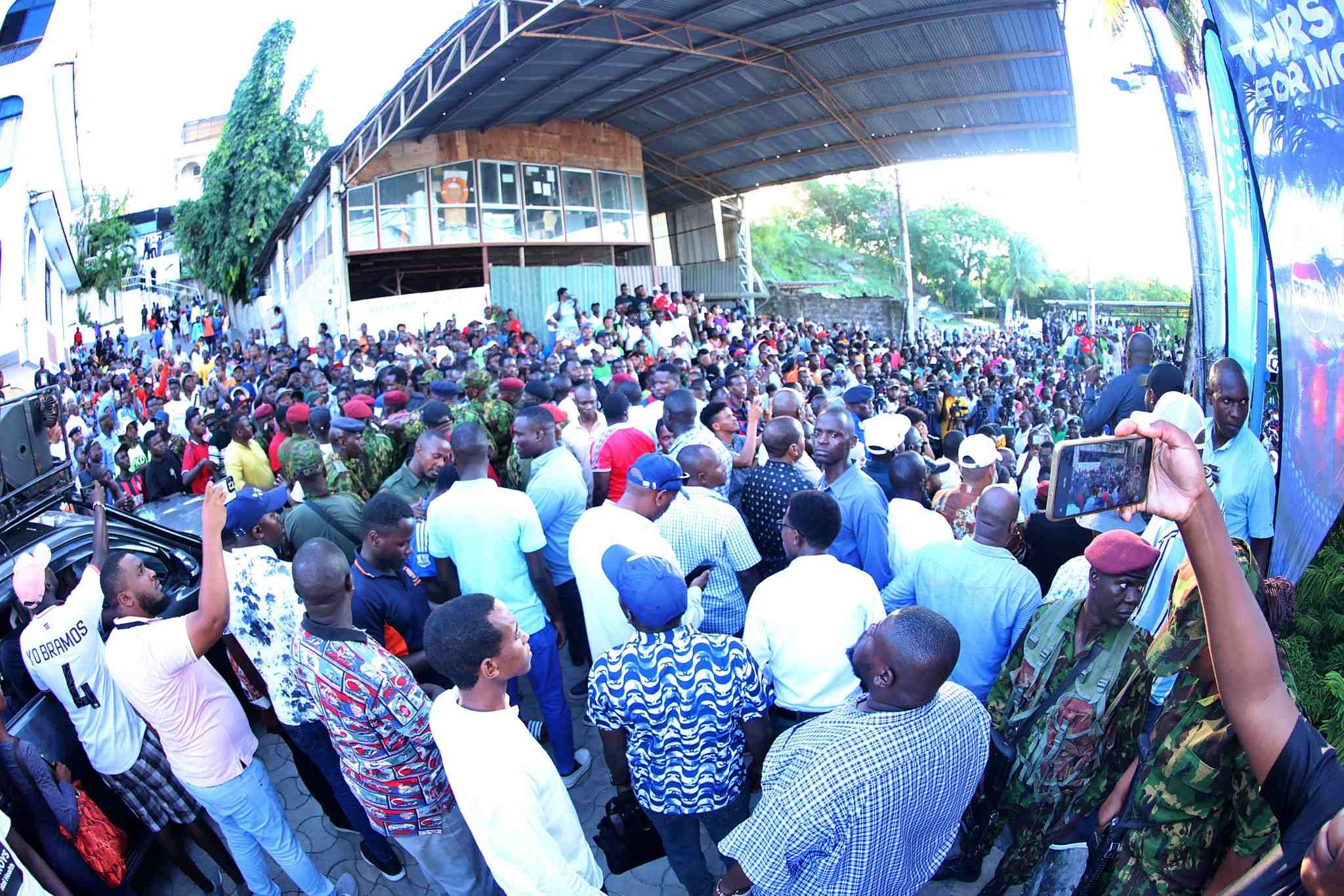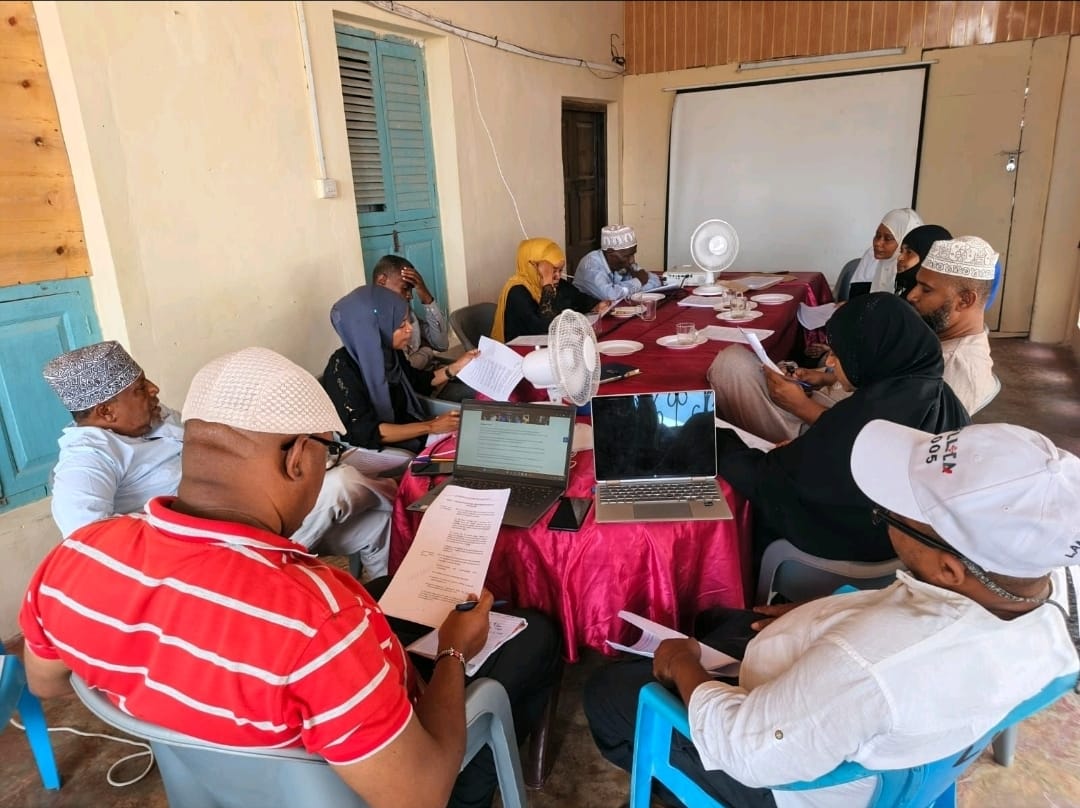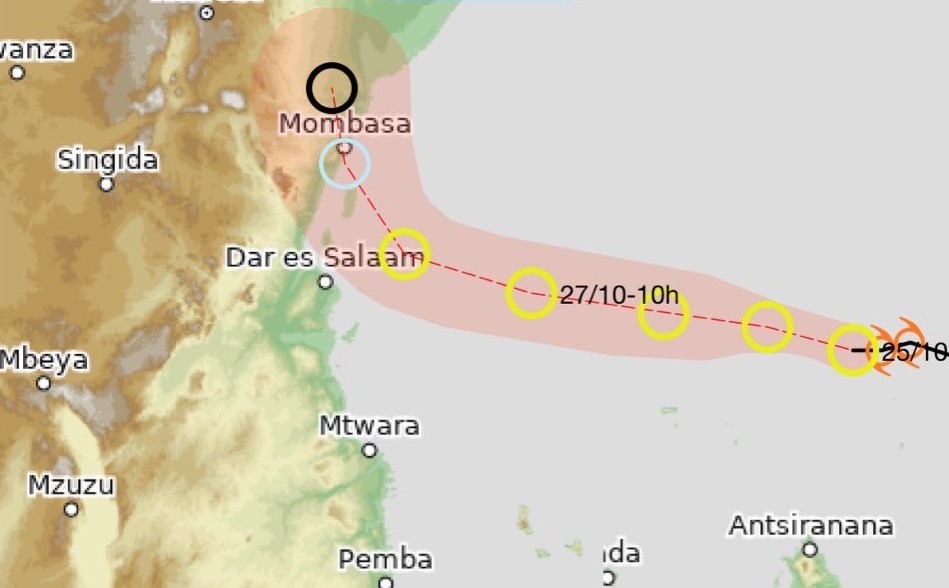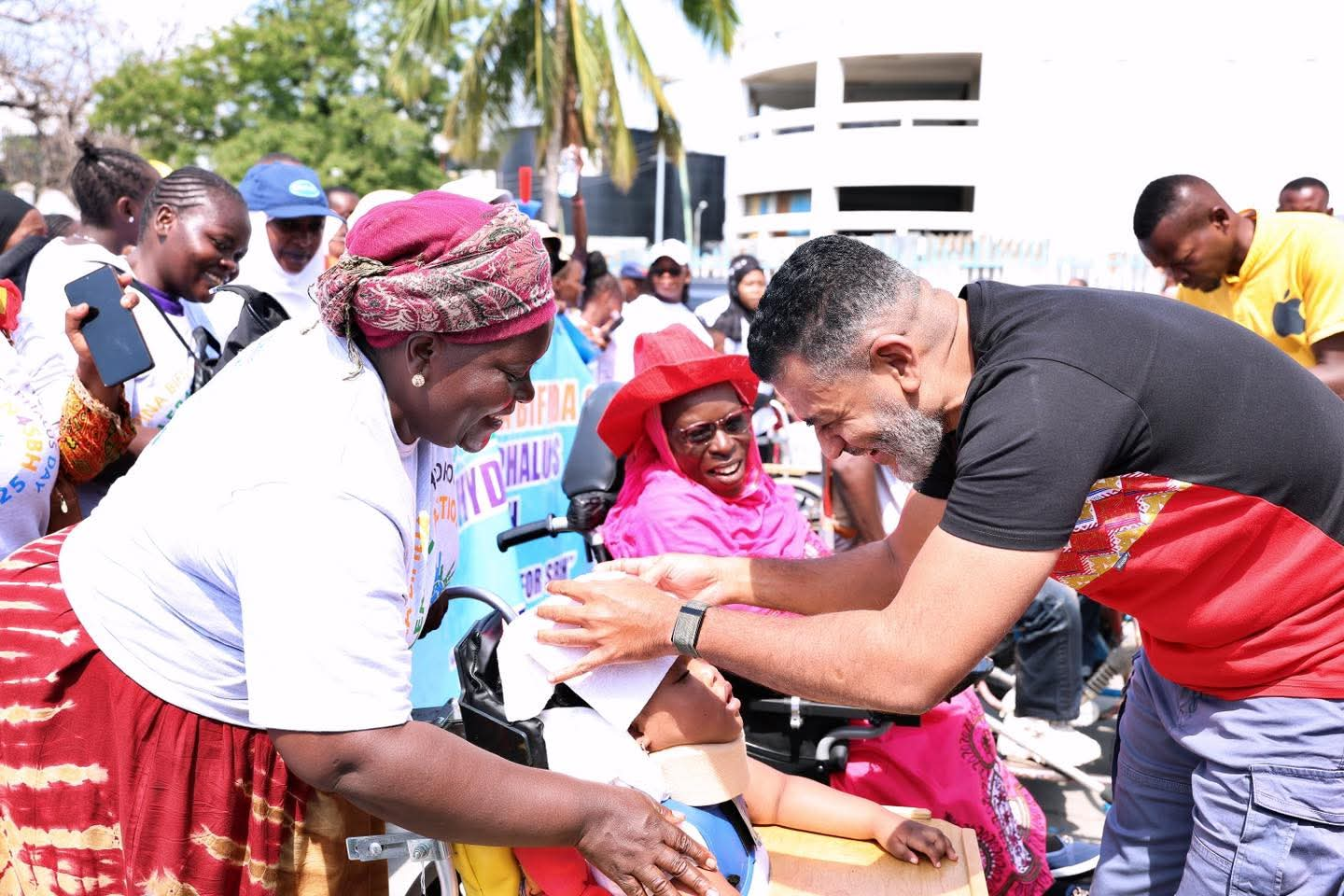Eastleigh street honours Yusuf Haji’s legacy
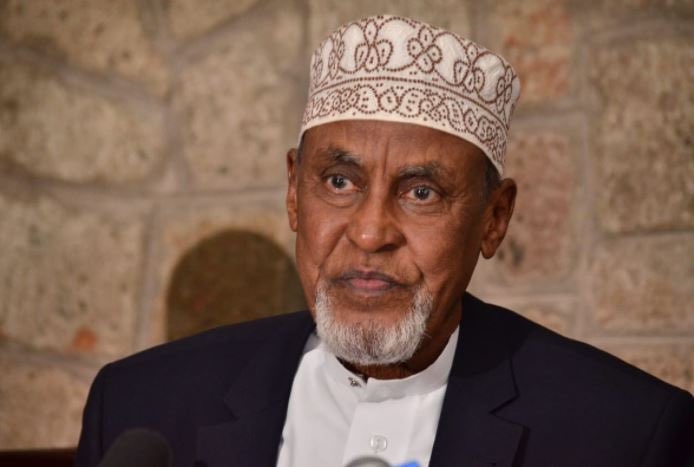
Haji was one of the people who accepted the African Union’s peace doctrine that African families should live within the borders inherited from colonialism to avoid cataclysmic wars, but forge closer integration with new nations and states.
Walking on Yusuf Haji Avenue in Nairobi’s Eastleigh, one comes across shops and businesses of all kinds.
There are banks, restaurants, clothing stores, and even a few motor vehicle spare parts stores. The sidewalks are crowded with people, and the street itself is filled with cars, buses, taxis and vendors out to make a living.
More To Read
- Kamukunji marks Mashujaa Day with tributes to Raila amid calls for unity
- How blocked drainage systems, open sewers threaten lives, businesses in Eastleigh
- MP Yusuf Hassan donates food, blankets to victims of three Kamukunji fire incidents
- Nairobi Chief Officer Geoffrey Mosiria leads crackdown on illegal dumping, hawkers in Eastleigh
- Eastleigh mall owners protest return of hawkers, call for county action
- Relief for Eastleigh residents as construction begins on Seventh Street after years of neglect
But just who was Mohamed Yusuf Haji, after whom the street is named?
Haji, who died in 2021 aged 88, was one of Kenya’s best-known government administrators, having risen from the rank of a district commissioner to a provincial commissioner, later joined politics and was the senator of Garissa County at the time of his death.
In his childhood, Haji grappled with the question of whether to be a Kenyan or not. But having been born in Garissa District in Kenya’s north-eastern region, he was essentially a Kenyan.
Haji hailed from the Abdalla sub-clan of the Ogaden and Borana from his mother’s line. In the light of identity politics in the Horn, his Somali and Borana heritage could have lured him to a parochial Cushitic consciousness, but Haji chose the long walk to Kenyan nationalism.
In his condolence message following Haji’s death, former President Uhuru Kenyatta mourned him as a dependable Kenyan leader and a patriot.
"It is very unfortunate that we have lost such a dependable, solid, and highly accomplished Kenyan leader,” Kenyatta said.
Haji’s story is inextricably linked to that of Omar Shuriye Hassan, the Sultan of the Abdalla sub-clan of the larger Ogaden clan, who vehemently opposed the idea of Kenyan Somalis leaving Kenya to join a proposed Greater Somalia.
“The only good thing coming out of Somalia is the sun,” Shuriye told a baraza in 1964 in Ijara, where he was assassinated.
Shuriye was not alone. David Wabera, a Gabbra from Marsabit — after whom Nairobi’s Wabera Street is named — was also assassinated in Isiolo soon after independence for irresolutely defending Kenya and rejecting Somali irredentism.
It was Shuriye’s martyrdom that hardened Haji and his kin, who resolved that the Abdalla sub-clan would remain part of the Kenyan nation.
Haji was one of the people who accepted the African Union’s peace doctrine that African families should live within the borders inherited from colonialism to avoid cataclysmic wars, but forge closer integration with new nations and states.
Described by President William Ruto as a devoted and indefatigable administrator who was cause-driven, Haji was seen as a gifted politician, modest yet strategic schemer with ground-breaking mediation skills.
"He was selfless, progressive, dependable and a committed champion for a more united and inclusive Kenya. He robustly upheld and reinforced the reputation and integrity of public service," Ruto said while mourning Haji’s demise.
Opposition leader Raila Odinga described Haji as a dedicated patriot and a humble servant who gave himself to the service of the country.
Other Topics To Read
Armed with a diploma in Management and Finance Control from the University of Birmingham, Haji was absorbed into Kenya’s Provincial Administration as a District Officer in 1960.
He plunged into politics in 1998 after he was nominated to Parliament, which put him on the path to widespread respect as a wise political operative and peacemaker.
He remained loyal to the independence party, the Kenya African National Union (KANU), resisting the 2002 National Rainbow Coalition wave that ousted KANU from power after a 39-year run, 24 of which were under former president Daniel Moi’s watch.
In 2002 he won the Ijara Constituency seat on a KANU ticket and was re-elected in 2007. Notably, he served as the Minister for Defence from 2008 to 2013 during President Kibaki’s second term in office.
It was during his tenure that the Kenya Defence Forces troops were deployed to Somalia to fight Al-Shabaab.
His handling of the trouble in Somalia during President Kibaki’s second term in office (2007-2013) made him a peacemaker.
As part of his regional peace efforts, while serving as the Minister for Defence, Haji helped to establish Somalia’s Transitional Federal Government. He also supported the training of Somali security forces to fight terrorists.
Notably, in 2011, Haji led a Kenyan delegation to meet with officials of Somalia’s Transitional Federal Government. They discussed how to manage the menace caused by Al-Shabaab. Haji and Somalia’s Minister for Defence Hussein Arab Isse signed an agreement to collaborate in fighting the insurgent group. Kenyan troops were then deployed to Somalia to fight the insurgents.
From 2013, Haji served as the Senator of Garissa County, and in the final years of his life, he was appointed the chairperson of Kenya’s Building Bridges Initiative Task Force.
Following Haji's death, the then Nairobi County Assembly Majority Leader Abdi Hassan moved a motion to have a road within the city named after him.
“Haji’s exceptional negotiations and strategic mediation skills cannot go unrecognised as the whole country saw his efforts to promote peace and stability in Somalia and beyond as was seen under Operation Linda Nchi in 2011,” Hassan noted.
Before its renaming in honour of the late Haji, the road was called First Avenue Lane.
The Eastleigh community, which comprises many Kenyans from the northern frontier where Haji hailed from, reveres him and views the renaming of the street as an honour to a patriot.
“We are honoured to have a road named after Yusuf Haji in Eastleigh. It makes us remember his selfless contribution to the country,” said Ali Dika, a trader in Eastleigh.
According to Dika, Haji had always vouched for heavy State investments in the northern frontier to facilitate education and technical training which he believed is important in redefining the future of the region.
Top Stories Today

